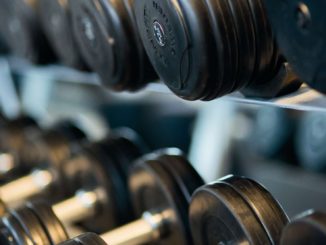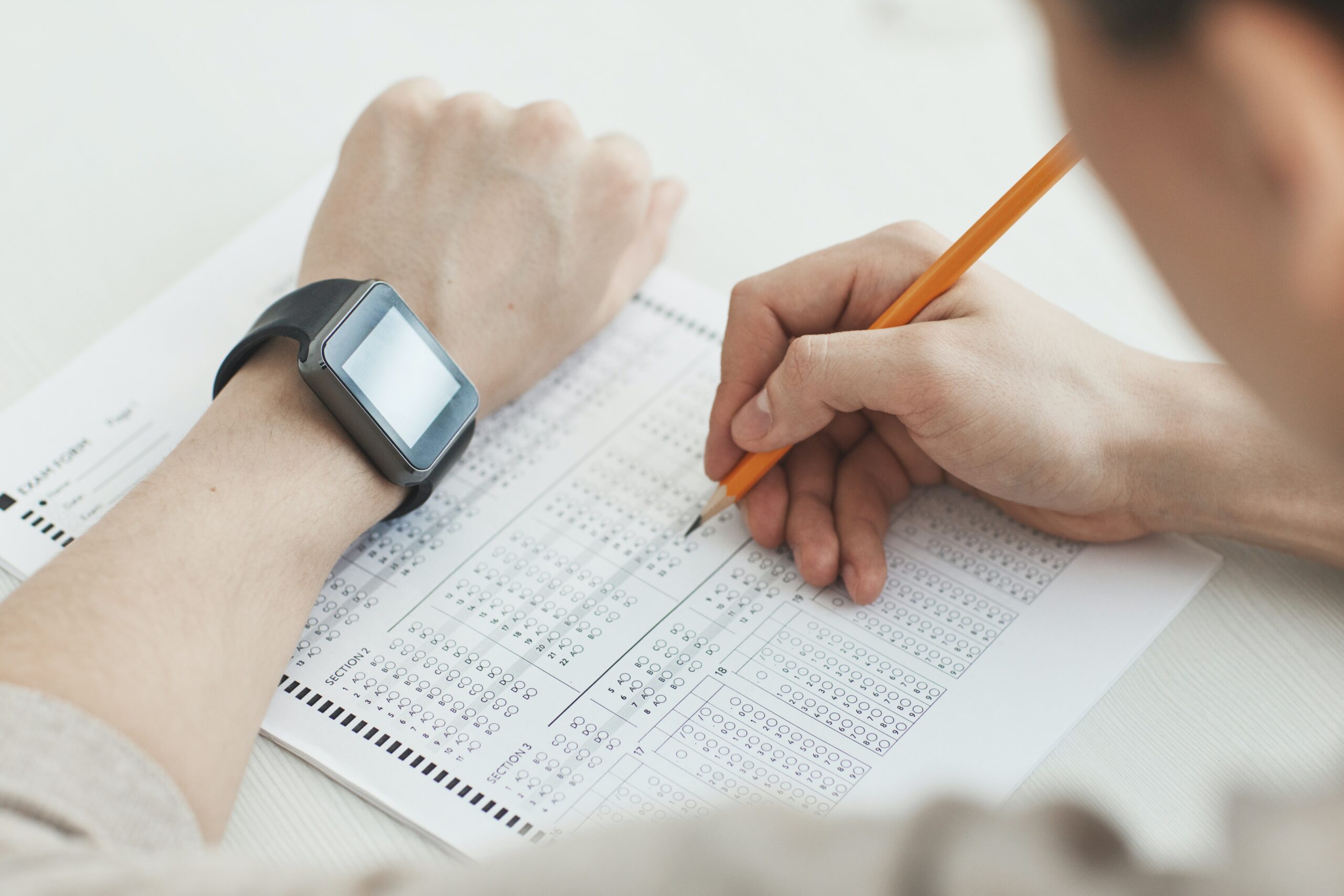By Gabrielle Smith
Studying can be boring and a hassle to do especially if unprepared or unaware of good studying habits.
1. Review Notes
Some students are lucky enough to have a professor that will hand out a study guide. Most of the time, students either forget about it and never do it or try and look up the information online. Although looking for information online can be beneficial at times, it can often lead to misinformation or indirect answers. Students often forget to look at their own notes or go through old lectures or PowerPoints—if that is to be provided from their professors. One step that can make a tremendous difference, is to review notes or look through the textbook for the correct information.
2. Sleep & Exercise
This is a step that is usually overlooked by most students. Most will argue that sleep is important because that is when the brain can rest and reset. Sleep also helps the brain absorb and process the information, so it is a great idea to study before going to bed. If you suffer from studying anxiety or tend to procrastinate, then try getting out of the house for a nice stroll around the neighborhood. Maybe try meditating to get some peace and quiet in the mind. Exercise can help to get the blood flowing to the brain. With that, it is a great way to relieve stress as it helps to stimulate the mind.
3. Space out Study Sessions
This is an important aspect to studying efficiently, because it can be less exhausting. Instead of cramming for eight hours straight— or all night, try planning out study time in advance. Planning out study time can make it more of a chore, but it be helpful in the long run. Cramming all night for an exam can be strenuous on the mind and body, so it is best to organize specific study times in advance.
4. Try Memory Techniques
In order to obtain the most out of studying, it is helpful to utilize flashcards. Flashcards assist students to recall the information and process it. Even if at first the answer is not current, it can help because the more times the information is reviewed, the more it forces repetition. This will eventually help the learning of the information. Another memory technique is the utilization of acronyms. Using the first letter of a correct answer and associating with a memorable word can help to recall information as well.
5. Revisit the Material
Lastly, reviewing the material right before an exam can jog the memory. This can also be useful because you can make a mental note for anything that has been forgotten since the last study session.
Preparation for finals is very important and useful in order to do a great job. With these tips and tricks, they can help anyone be successful when planning to prepare and study for final exams. Good luck on your finals everyone!



